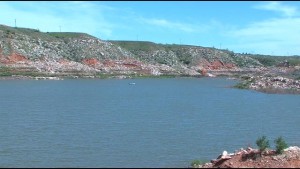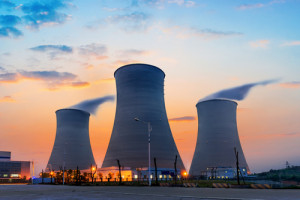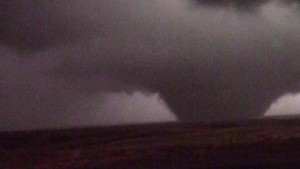CARSLBAD CAVERNS NATIONAL PARK, N.M. — It only hurt while we were making the hike.
Afterward? It didn’t hurt a bit.
We came to Carlsbad Caverns National Park to see for ourselves what we’ve heard our entire lives. They are to believed only when you see them up close.
My wife and I possess those lifetime senior passes that get us into every park in the federal system for free. OK, I don’t consider it a free pass, given that our federal income taxes are continuing to pay for the parks’ upkeep.
We went to the park to tour the King’s Palace, which is a particular network of caves within the massive subterranean system.
We got our tickets and then got the “bad news”: The elevator doesn’t work, the U.S. National Park Service officer informed us.
It meant that once we walked down we had to walk back up.
No sweat. We’re in decent shape for folks our age.
We gathered at the entrance to the cavern, got our instructions from the ranger, then we started our trek down into the bowels of the planet.
The paved trail took us 750 feet down; that’s roughly the height of a 40-story building. We met another ranger in what’s called “The Big Room.” She introduced herself to the crowd of about 30 individuals.
Then we headed into the King’s Palace.
What did we learn? Well, we learned that a 16-year-old Texas ranch hand named Jack White was the first white man to explore the caverns; his discovery occurred around 1900. Our tour guide, a young woman named Toni, told us how he managed to rappel into the cave using a homemade latter and armed with a fuel-oil lamp.
He wandered into the cave. At one point during his exploration, the lamp flame went out. The ranger doused the light at the deepest portion of the tour.
Total blackness. Very strange. We all sat there in complete silence.
We learned about the dangers that humans bring to this highly sensitive eco-system. We learned that the cave network essentially has stopped evolving, given that the water that formed it in the first place has receded.
The tour lasted about 90 minutes. Then it was over.
All who walk down have to walk back up.
So, we started our hike back up the paved trail. Back and forth we trudged. Switchbacks galore.
My legs were killing me. My wife is much tougher than I am — big surprise, right? — but she showed great patience as I had to stop from time to time to catch my breath.
Then we saw the first hint of sunlight. It was like a vision. It spurred us to walk a little more briskly out of the dark hole.
Then the pain in my legs disappeared.
I thought right then about something my dear mother once said. Mom told me about how, after giving birth, the intense pain she felt disappeared the moment she held her children in her arms.
Hey, I’m not comparing what we did with childbirth.
Mom, though, was right. It hurt only for a little bit.









